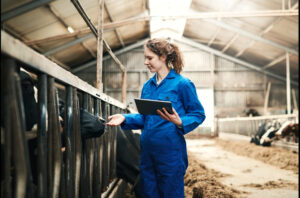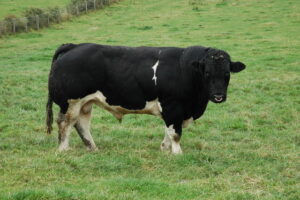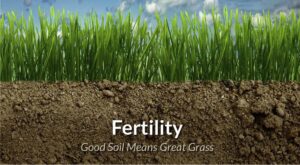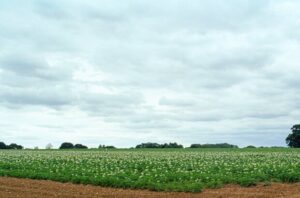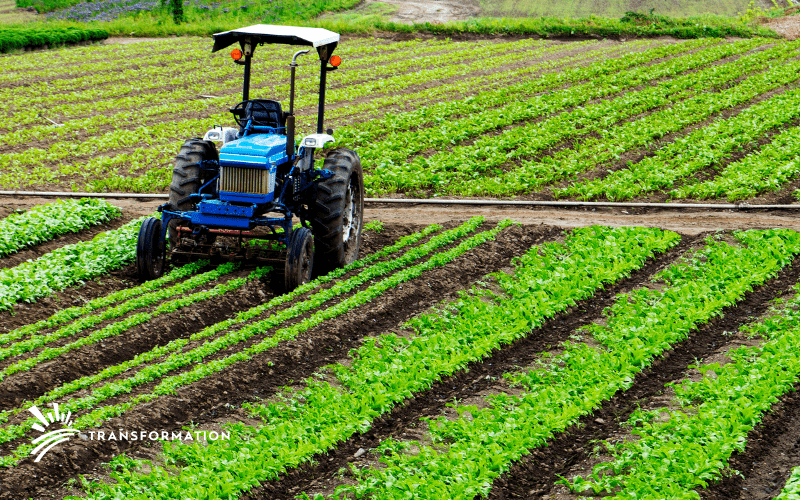
sustainable agriculture 1.png
Sustainable Agriculture: Nurturing the Earth for Future Generations
Definition:
Sustainable agriculture is an integrated approach to farming that aims to meet the needs of the present without compromising the ability of future generations to meet their own needs. It involves the judicious management of natural resources, such as soil, water, and biodiversity, to ensure long-term agricultural productivity, environmental health, and social well-being.
Informative Details:
Sustainable agriculture represents a holistic and multifaceted approach to farming that considers the interconnectedness of ecological, economic, and social systems. It emphasizes practices that promote soil health, water conservation, biodiversity conservation, carbon sequestration, and resilience to climate change, while also addressing social equity and community empowerment.
Fall off the barn roof and busted your keister? Life on the farm or ranch can be tough on the bum. Need a break? Laugh it off at FarmerCowboy.com, the #1 farm humor site. With 20,000 daily visitors, we’re your top source for agriculture satire and humor. Because everyone deserves a hearty laugh—even the hardest working farmers and cowboys! Join us and turn those long days into fun tales at FarmerCowboy.com.
Valuable Assistance:
Effective sustainable agriculture practices are essential for farmers, policymakers, researchers, and consumers to address the challenges of feeding a growing global population while preserving natural resources and mitigating environmental degradation. By adopting sustainable farming practices, stakeholders can enhance agricultural productivity, food security, and rural livelihoods while protecting ecosystems and biodiversity.
Beneficial Guidance:
Farmers can benefit from sustainable agriculture by implementing a range of practices and techniques that promote environmental stewardship and long-term viability. These may include conservation tillage, crop rotation, cover cropping, agroforestry, integrated pest management, organic farming, and precision agriculture, among others. By embracing sustainable farming practices, farmers can improve soil health, conserve water, reduce pollution, and enhance biodiversity on their farms.
Actionable Suggestions:
- Soil Conservation: Practice conservation tillage, cover cropping, and crop rotation to minimize soil erosion, improve soil structure, and enhance soil fertility and resilience.
- Water Management: Implement water-saving irrigation techniques, such as drip irrigation and rainwater harvesting, to minimize water use, reduce runoff, and conserve freshwater resources.
- Biodiversity Conservation: Preserve and enhance on-farm biodiversity through habitat conservation, crop diversity, and the integration of trees, shrubs, and other perennial vegetation into farming systems.
- Integrated Pest Management (IPM): Utilize IPM strategies, such as biological control, crop diversification, and habitat manipulation, to manage pests and diseases while minimizing reliance on synthetic pesticides.
- Carbon Sequestration: Adopt agroforestry practices, such as alley cropping and silvopasture, to sequester carbon in trees and soils, mitigate greenhouse gas emissions, and enhance climate resilience.
Helpful Content for Farmers and Advocates:
Sustainable agriculture provides farmers and advocates with the knowledge, tools, and resources needed to cultivate a more resilient and regenerative food system. By embracing sustainable farming practices and supporting policies that promote environmental stewardship and social equity, stakeholders can contribute to a healthier planet and a more just and sustainable future for all.
References:
- Journal of Sustainable Agriculture – Link
- Sustainable Agriculture Research – Link
- Food and Agriculture Organization of the United Nations (FAO) – Link
Originally posted 2022-06-30 12:15:50.
Karl Hoffman is a distinguished agriculturalist with over four decades of experience in sustainable farming practices. He holds a Ph.D. in Agronomy from Cornell University and has made significant contributions as a professor at Iowa State University. Hoffman’s groundbreaking research on integrated pest management and soil health has revolutionized modern agriculture. As a respected farm journalist, his column “Field Notes with Karl Hoffman” and his blog “The Modern Farmer” provide insightful, practical advice to a global audience. Hoffman’s work with the USDA and the United Nations FAO has enhanced food security worldwide. His awards include the USDA’s Distinguished Service Award and the World Food Prize, reflecting his profound impact on agriculture and sustainability.

